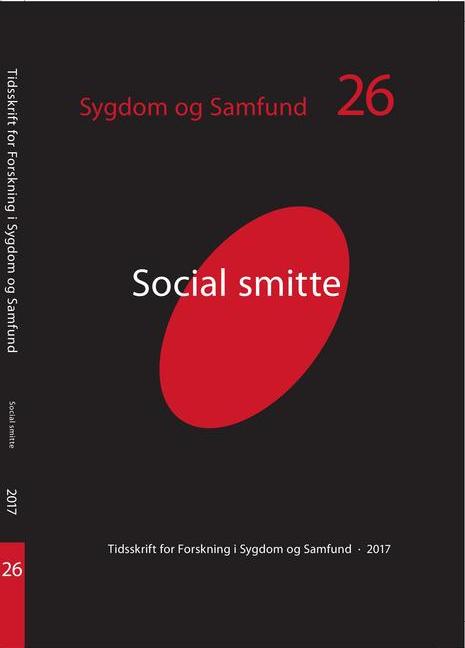Publiceret 2017-05-04
Citation/Eksport
Resumé
Denne artikel undersøger, hvordan tavshed udspiller sig i hverdagslivet i Khayelitsha township i Cape Town, Sydafrika, og hvad der driver dens udbredelse. I Sydafrika lever 5,6 millioner mennesker med hiv, og landet har verdens største aids- behandlingsprogram. Et udbredt fravær af mellemmenneskelig kommunikation om hiv og aids har ført til, at aids-epidemien i Sydafrika har været beskrevet som en epidemi af tavshed. Mens tidligere studier har fokuseret på smittevejen mellem tavshed og den sociale betydning af hiv og aids som en dødelig og stigmatiserende sygdom, belyser artiklen, hvordan tavshed også skal forstås i dens forbindelse til Khayelitsha som et specifikt sted, der intensiverer særlige vilkår for tavshed som en form for socialitet, der ikke er særlig for hiv og aids. Med et perspektiv på social smitte er det således artiklens argument, at det også er selve stedet - et hverdagsliv i tvungen intimitet – der smitter.
Place is Contagious: hiv, aids medicine and the social life of silence in Khayelitsha
This article explores practices of silence in Khayelitsha township in Cape Town, South Africa, and seeks to investigate what drives silence as a widespread phenomenon. In South Africa, 5,6 million people are currently living with hiv and the country has the largest aids treatment programme in the world. The aids epidemic has often been paralleled to an epidemic of silence with reference to a significant absence of direct verbal communication about the disease. While previous studies have focused on the connection between silence and the association of hiv with death and stigma, the article argues that the spread of silence cannot be understood disconnected from Khayelitsha as a particular place that intensifies silence as a form of sociality not specific to hiv and aids. From a perspective on social contagion, the article argues that it is also the place itself – an everyday life in enforced intimacy – that is contagious.

